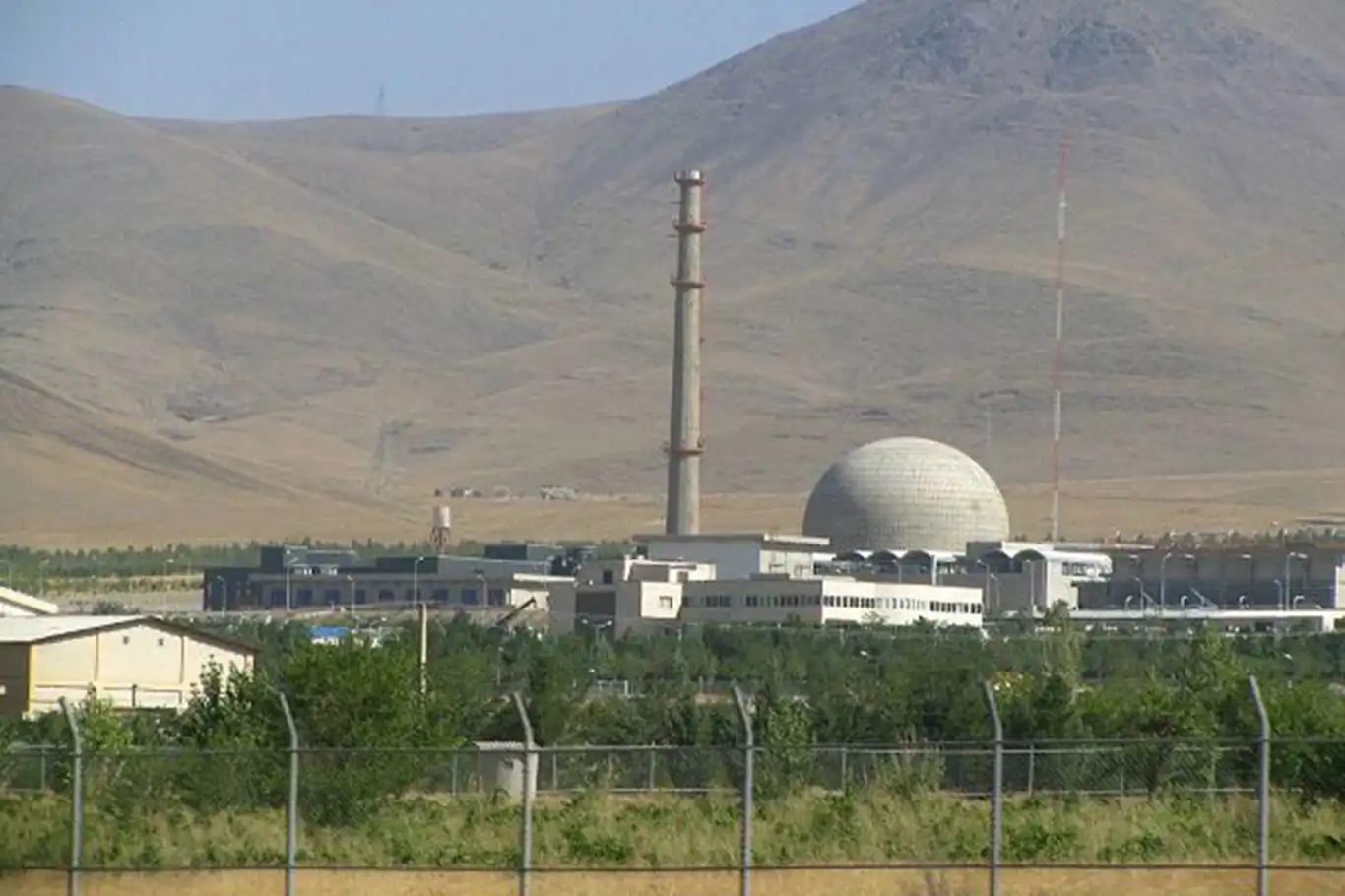Europe threatens Iran with UN sanctions 'snapback' over nuclear deal stalemate


Tensions are once again rising over Iran’s nuclear programme as top European diplomats warned Tehran they are prepared to trigger the UN "snapback" mechanism—reimposing international sanctions—if no meaningful progress is made toward reviving the 2015 nuclear deal by the end of the summer.
According to a statement by France’s foreign ministry, the foreign ministers of the UK, France, Germany, along with the European Union’s foreign policy chief, held a phone call with Iranian Foreign Minister Abbas Araghchi this week. In the call, the European parties conveyed their “determination to use the snapback mechanism in the absence of concrete progress” toward a renewed nuclear agreement.
The snapback clause, embedded in the original Joint Comprehensive Plan of Action (JCPOA), allows parties to reinstate all UN sanctions on Iran if it is found in significant non-compliance. The threat comes amid increasing diplomatic strain following a series of Israeli and US airstrikes on Iranian nuclear facilities in June, which disrupted ongoing indirect negotiations between Tehran and Washington.
Responding to the European ultimatum, Iranian Foreign Ministry Spokesman Esmaeil Baghaei denounced the threat to invoke the snapback mechanism, calling it “baseless, unethical, and legally void.” Speaking at a press conference on Monday, Baghaei accused the European parties of political maneuvering and failing to meet their own JCPOA obligations.
“With recent developments in the past few weeks, resorting to such an unfounded mechanism—lacking legal, ethical, or political grounds—is more meaningless than ever,” Baghaei said.
He reaffirmed that Iran still considers itself a party to the JCPOA and insisted that Tehran’s reduction in commitments was a lawful response to “blatant violations” by the US and European powers. “This right is clearly outlined in the JCPOA framework,” he added.
The diplomatic rift comes in the wake of five rounds of indirect US-Iran talks mediated by Oman. These talks, led by Iran’s Foreign Minister Abbas Araghchi and US special envoy Steve Witkoff, were reportedly making cautious progress until the negotiations were derailed by a string of Israeli strikes on key Iranian nuclear infrastructure in June—actions Iran has described as unprovoked acts of sabotage.
European diplomats have called for a swift return to diplomacy, warning that time is running out. But Iran’s position remains firm: the path to a negotiated solution lies in full respect for the JCPOA and an end to what it sees as coercive pressure and selective enforcement.
The looming threat of reimposed UN sanctions reflects a widening divide between Iran and Western signatories of the nuclear deal. While Europe seeks rapid progress and renewed restrictions on Iran’s nuclear activities, Tehran maintains that trust cannot be rebuilt without genuine commitment from all parties—particularly after the US withdrawal from the deal in 2018 and years of non-compliance by Europe.
As the end-of-summer deadline approaches, regional tensions and diplomatic posturing continue to cast a shadow over hopes for reviving the JCPOA. Iran has urged international stakeholders to reject what it calls “illegal pressure tactics” and to instead engage in fair, reciprocal negotiations. (ILKHA)
LEGAL WARNING: All rights of the published news, photos and videos are reserved by İlke Haber Ajansı Basın Yayın San. Trade A.Ş. Under no circumstances can all or part of the news, photos and videos be used without a written contract or subscription.
Children aged 7-10 filled the streets of Van, Türkiye, for the finale of the “Life is Beautiful with Prayer” program, organized by the Prophet’s Lovers Foundation.
The UN Relief and Works Agency for Palestine Refugees (UNRWA) has urged Israel to lift its ongoing ban on humanitarian aid deliveries to the Gaza Strip, warning that life-saving supplies remain blocked while the enclave faces catastrophic famine conditions.
A Brazilian labor court has ordered Volkswagen’s local subsidiary to pay 165 million reais ($30.44 million) in damages after finding that workers at one of the automaker’s ranches were subjected to slavery-like conditions in the 1970s and 1980s.
The United States has revoked the visas of Palestinian President Mahmoud Abbas and more than 80 senior Palestinian officials, effectively blocking them from attending next month’s UN General Assembly in New York.